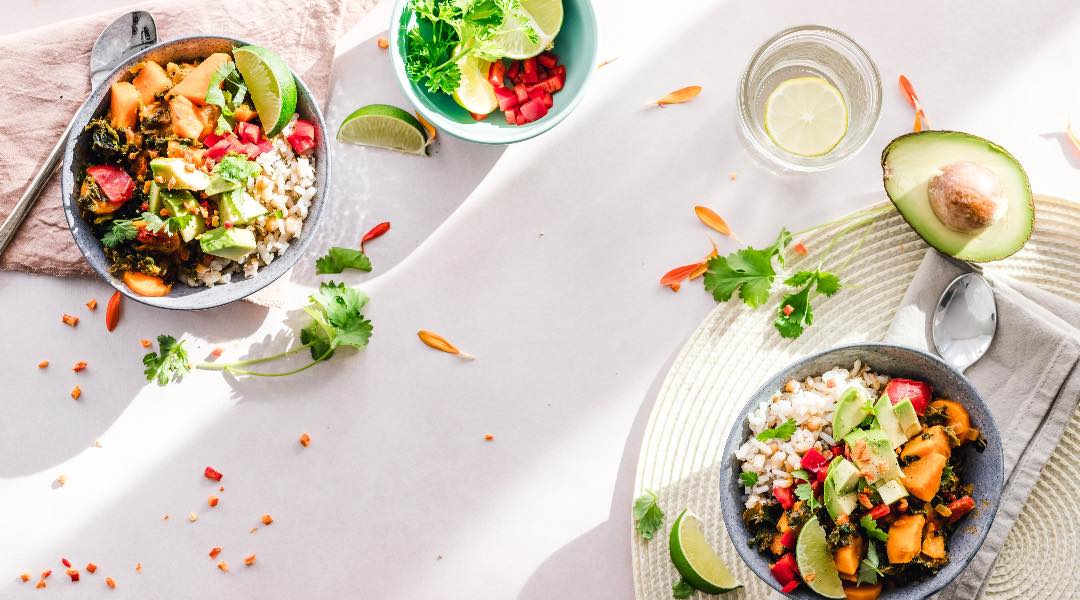With all the Season’s celebrations and gatherings, we are consuming way too much food that’s not good for our bodies. Here’s a reset we can consider after all the holiday binging.
An Instagram post by Fortune says, “Eating food you can cook and enjoy can also extend your life.
On average, people residing in blue zones live up to a decade longer than Americans, have fewer chronic health conditions and spend less on health-related costs.
The blue zone communities’ diets consist of majority whole, plant-based foods that are minimally processed and lack the added sugars and processed foods that have become integral and unavoidable in the modern American diet.
Living in a blue zone means enjoying water, tea, coffee, and even a glass of wine, especially in the company of others. It also means generally staying away from meat, limiting eggs and dairy, and putting beans up front.”
READ ALSO: Magic Wand: An Intimate Lesson On Yu Hezu, The Art Of The Bamboo Wand

The full article also states: Many of us have heard of blue zones, or the communities across the globe including Sardinia, Italy; Okinawa, Japan; and Ikaria, Greece, where people seem to be doing it right—living longer, healthier, happier lives. Researchers introduced the blue zones in 2000, and a 2004 academic paper used it to describe an “an area of extraordinary longevity in Sardinia.” Striving for longevity is something Dan Buettner, a National Geographic fellow, became fascinated with when studying what makes a community thrive over two decades ago. That led him to form Blue Zones, a registered trademark owned by Blue Zones LLC, a company using longevity research to apply social and environmental changes to American cities.
Buettner found that on average, people residing in blue zones live up to a decade longer than Americans, have fewer chronic health conditions, and spend less on health-related costs. People who reside in blue zones primarily rely on walking to get around, and their lives are rooted in community and socialization, “underpinned with purpose,” according to Buettner’s new book The Blue Zones American Kitchen: 100 Recipes to Live to 100 from National Geographic, which was released this month. While a myriad of factors define what it means to now be an official certified blue zone, a community’s diet is an undeniably influential factor in longevity—and may help you live “an extra 10 good years,” according to the book. So what is the blue zone way?

“It’s not a hard [and] fast diet,” Buettner tells Fortune. “It’s not something where you weigh how many grams of protein and fat you eat. It’s more looking at the general foodstuffs,” adding that the blue zone way is rooted in plant-based foods.
The article elaborates that “the blue zone communities’ diets consist of majority whole, plant-based foods that are minimally processed and lack the added sugars and processed foods that have become integral and unavoidable in the modern American diet. Living in a blue zone means enjoying water, tea, coffee, and even a glass of wine, especially in the company of others. It also means generally staying away from meat, limiting eggs and dairy, and putting beans up front. In the book, Buettner recommends a daily dose of beans, noting they “reign supreme in the blue zones and are the cornerstone of every longevity diet in the world.”

A report by Good Morning America says that “researchers in Norway used computer models to compare a typical Western diet – heavy on animal-based proteins dairy and sugar – with a more ideal plant-based diet that’s heavy on fruits, vegetables, beans and grains and light on animal-based proteins.
According to the models, a 20-year-old who went all-in on the plant-based diet could add 10 years to their life. Even just making a partial change could add six years of life expectancy.
An 80-year-old who started a plant-based diet could add three years to their life expectancy, according to the study.”
Banner photo via Pexels by Ella Olsson.

